This story comes from Emily Hiza, current Colorado State assistant coach and former assistant at Oregon State University. I spent four years with Emily at Oregon State where we worked on defense, passing, and out of system setting but more than that we set goals. From my very first volleyball road trip, Emily worked with us to put our goals down on paper and strive to meet them. Along with having a great sense of style, Emily's experience as a player shaped many aspects of her life including the coaching philosophy she utilizes so well to inspire others including myself.
From a very young age I became a goal setter, and extremely competitive in the process.
I have two older siblings, so if my sister swam a particular race, I wanted to swim it faster. If my brother could eat 17 canned plums, I set a goal to eat 18 (and then get sick, with my grandma vowing to never feed us plums again). When my friends started taking the ACT, I wanted to have the highest score.
In my volleyball journey, the first goal I can remember started in my 8th grade year. I was the team manager for Swink High School and my sister was a junior. They lost at the state tournament and as I sat in the basement of the Denver Coliseum consoling my sobbing sister I promised her that next year, when I was a freshman and she was a senior, we would win state. And we did. And it’s one of my favorite memories as a player, largely because I was able to make a lofty goal and work my tail off to achieve it.
While playing at the state tournament I caught the eye of the club directors for Colorado Juniors, one of the top club teams in the country. They invited me to come play for them, and despite the fact that it was a two hour drive each way, I knew there was nothing more I wanted than to play at the next level. The decision to play club volleyball helped me start my recruiting process, and I made a short list of schools I wanted to play for. At the top of the list was to be an outside hitter for Stanford. Note: I am 5’8 and on my best day touched 9’6. My club directors kindly told me a more realistic goal would be to be the libero at Stanford, and so that became my next goal.
I worked, and became borderline obsessed, with chasing this dream.
Photo Courtesy of David Nishitani
I was a talented enough player to bring the Stanford coaches to the court to make an evaluation, but every time they showed up I choked. EVERY. SINGLE. TIME. After the fifth or so choke, my coach told me that I could finally relax and play again. That the Stanford dream was not going to happen and I could just go back to playing without the pressure. I was devastated, I had failed and didn’t know how to accept or move past it. But life went on and I eventually accepted a scholarship to play for the University of Iowa. And it was the best thing (at that point in my life) that ever happened to me. I met my closest friends in life, and became part of the Hawkeye nation that I’m so proud to belong to. I can’t imagine life without the connections I made at Iowa, and it came to fruition from a failure.
Once I got to Iowa I immediately knew I wanted to start. But not just start, become the best libero that ever played for Iowa. I did some research and found the career digs record. I started training and playing to beat it. After my freshman season I tallied up how many digs I still needed, and the countdown was on. I wrote the number on my mirror in my bedroom and after every game would erase and rewrite the new number I needed. Fast forward to the last game of my senior year. I needed 23 digs to tie the all-time digs record at Iowa – I got 22. I started for four years and ended my career with 1,929 digs but somehow missed out meeting my goal by a measly dig. I still can’t walk into the Michigan State gym without having PTSD. I was shattered by my failure, but this one has shaped my coaching philosophy.
As the defensive coach at Oregon State I told my story and used it as motivation for my players to not miss out on their goal by one dig. To not take for granted easy plays, or hustle plays. To play every point to the max. When my libero, Becky Defoe, went on to break not only my record but the Oregon State record, the feeling I had was indescribable. I felt more proud being able to help her achieve that than I ever would have felt doing it as a player. And in the year following her graduation, my new libero, Darby Reeder, broke the single-season digs record. Over five years later and the lesson from my failure to become the career digs leader became apparent, and makes me a better coach today.
I still set goals every day.
I have daily goals, weekly goals, career goals. I make them my account passwords so I have to type them at least once per day and remind myself what I’m working towards. It feels incredible to achieve them and then set a higher one. But the goals I didn’t achieve provided the biggest growth opportunities and I’m not ashamed to say I failed.
Find Emily on the 2015 AVCA Thirty Under 30 Winners
Watch Emily's coaching videos on The Art of Coaching
Check out Colorado State Volleyball


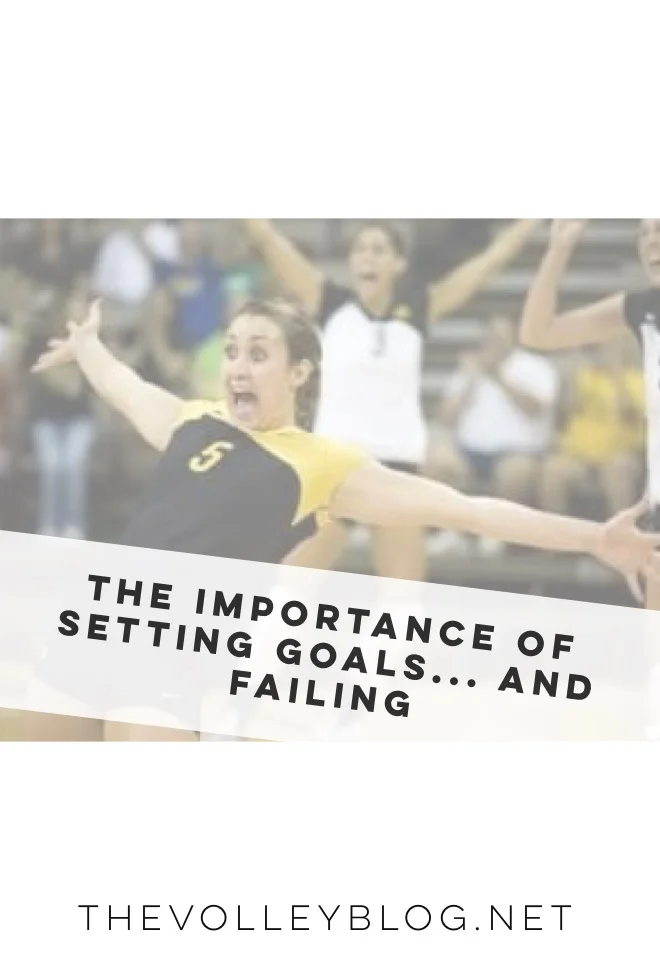
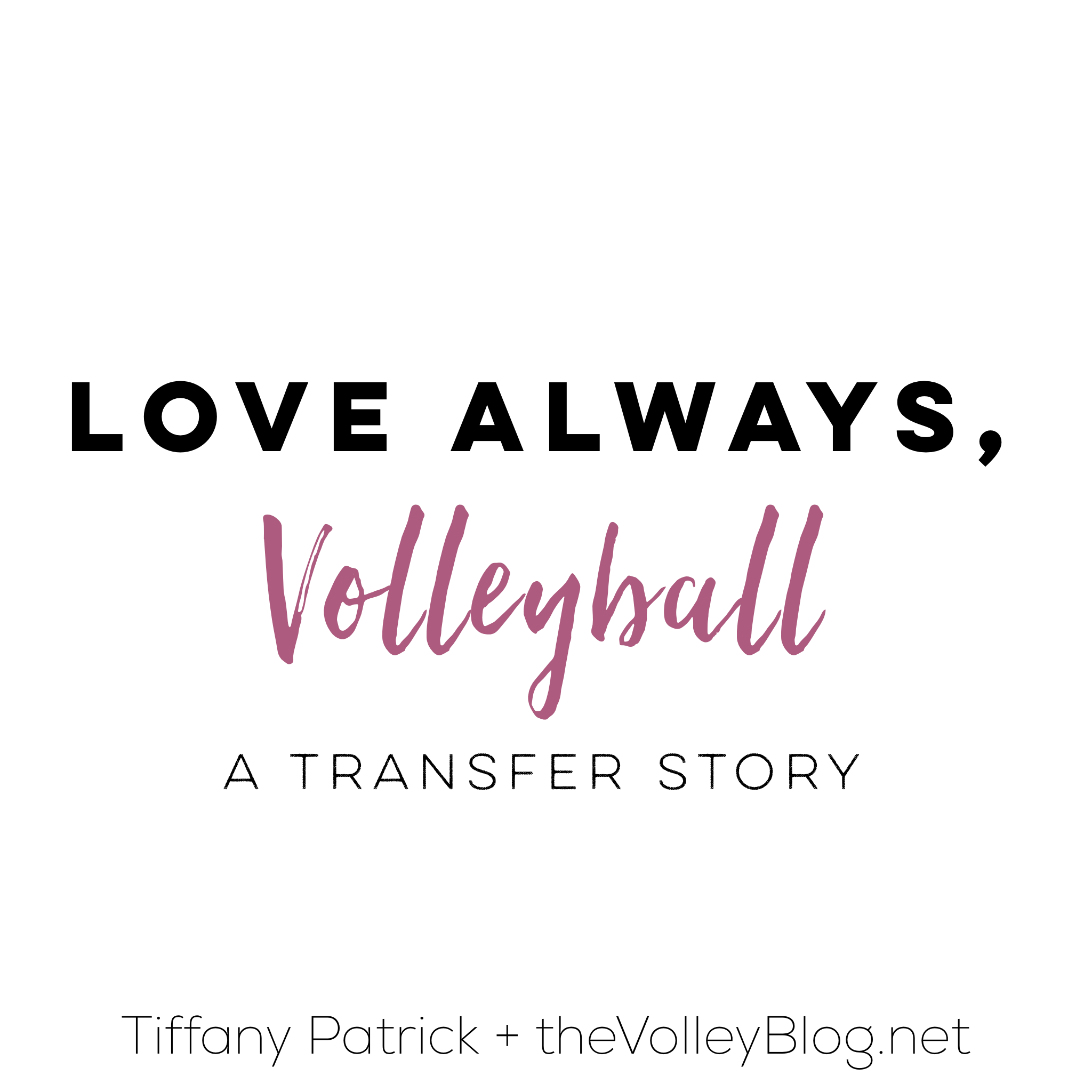
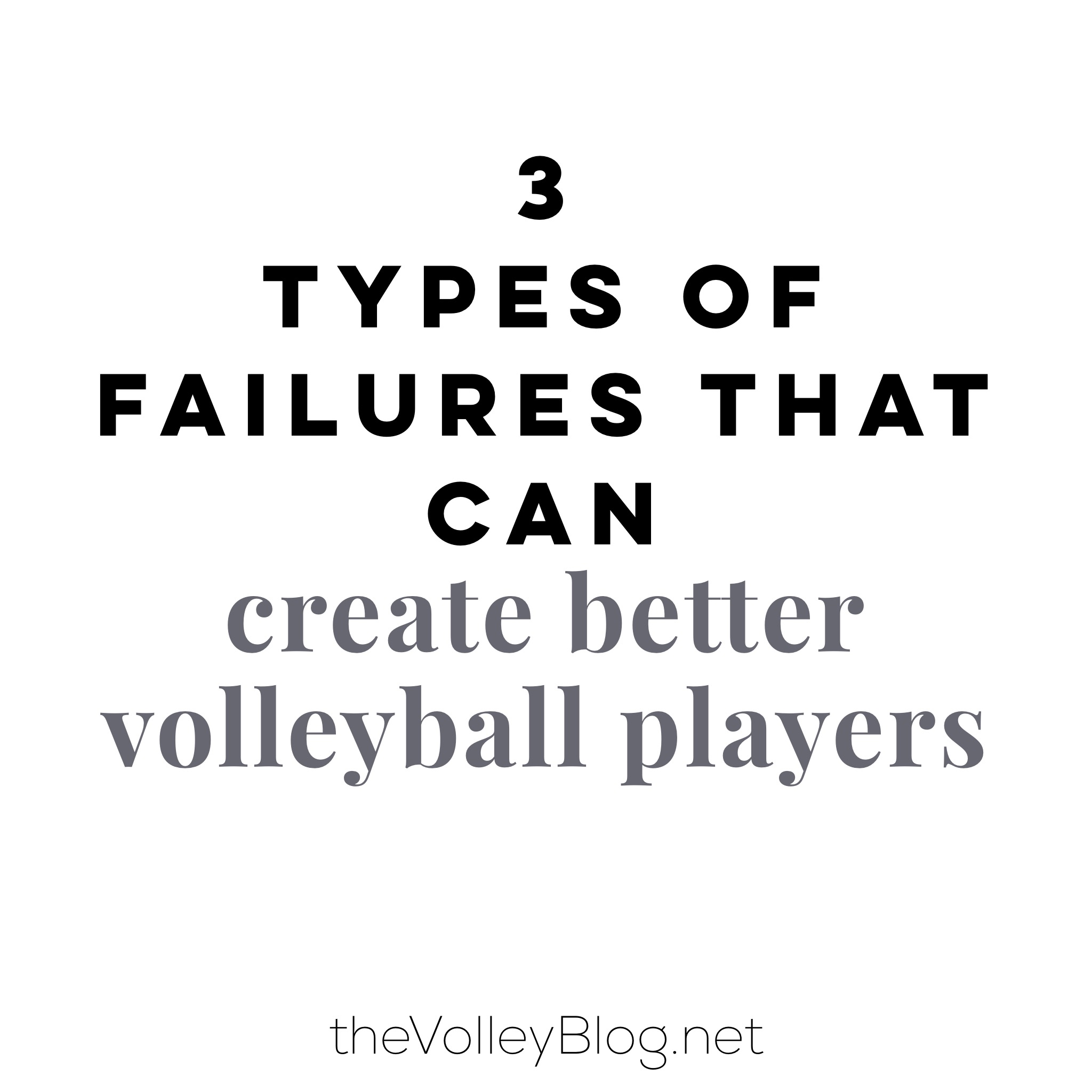

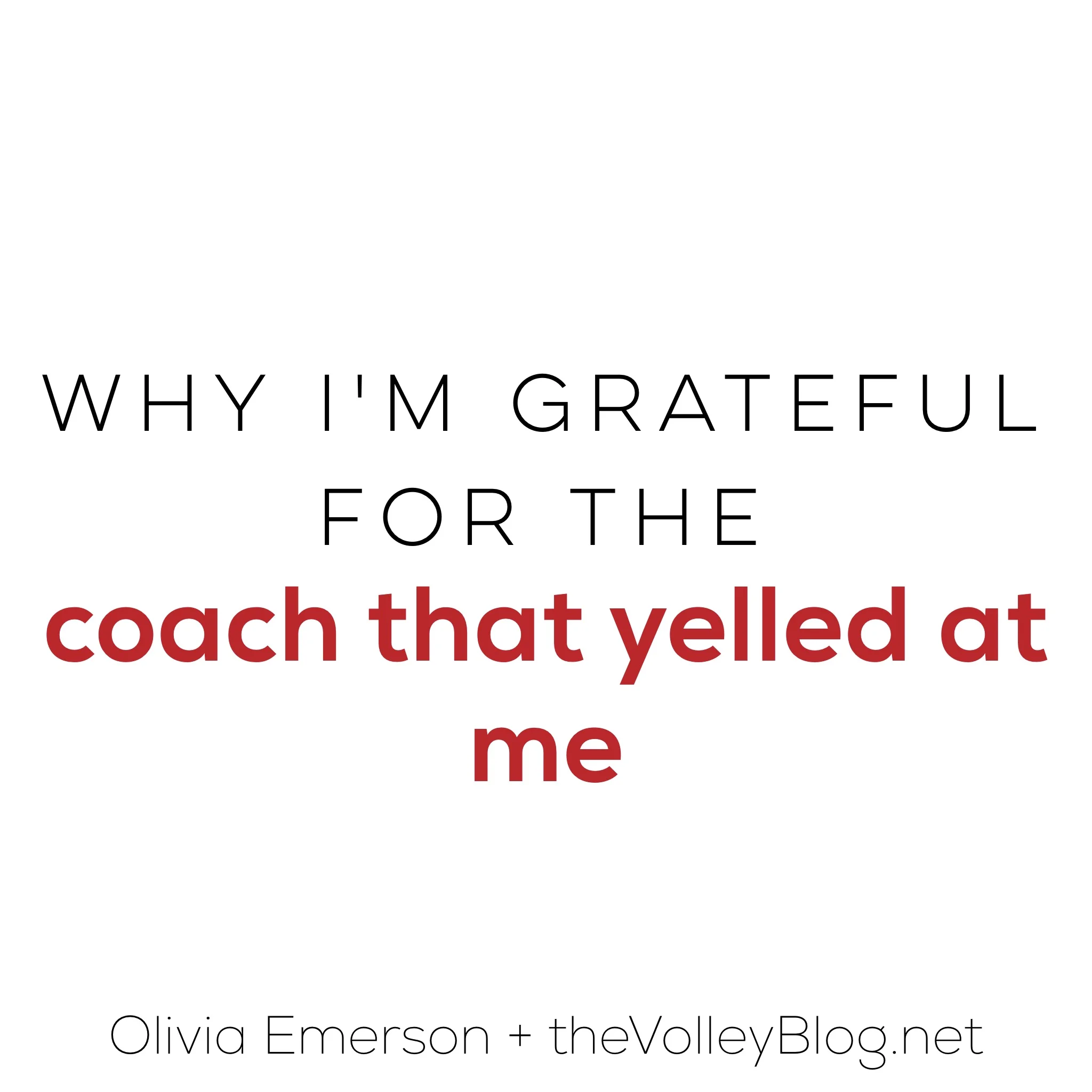


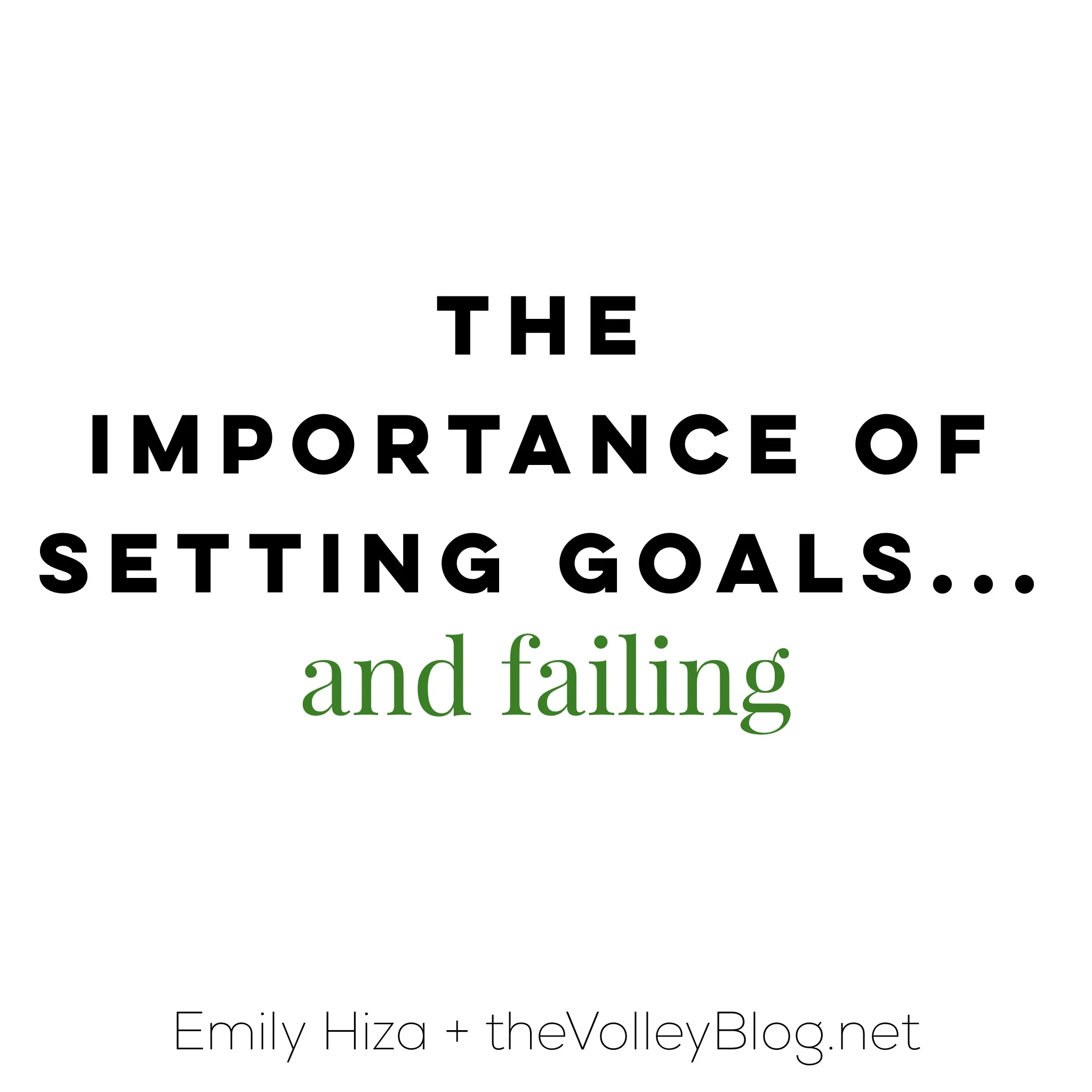


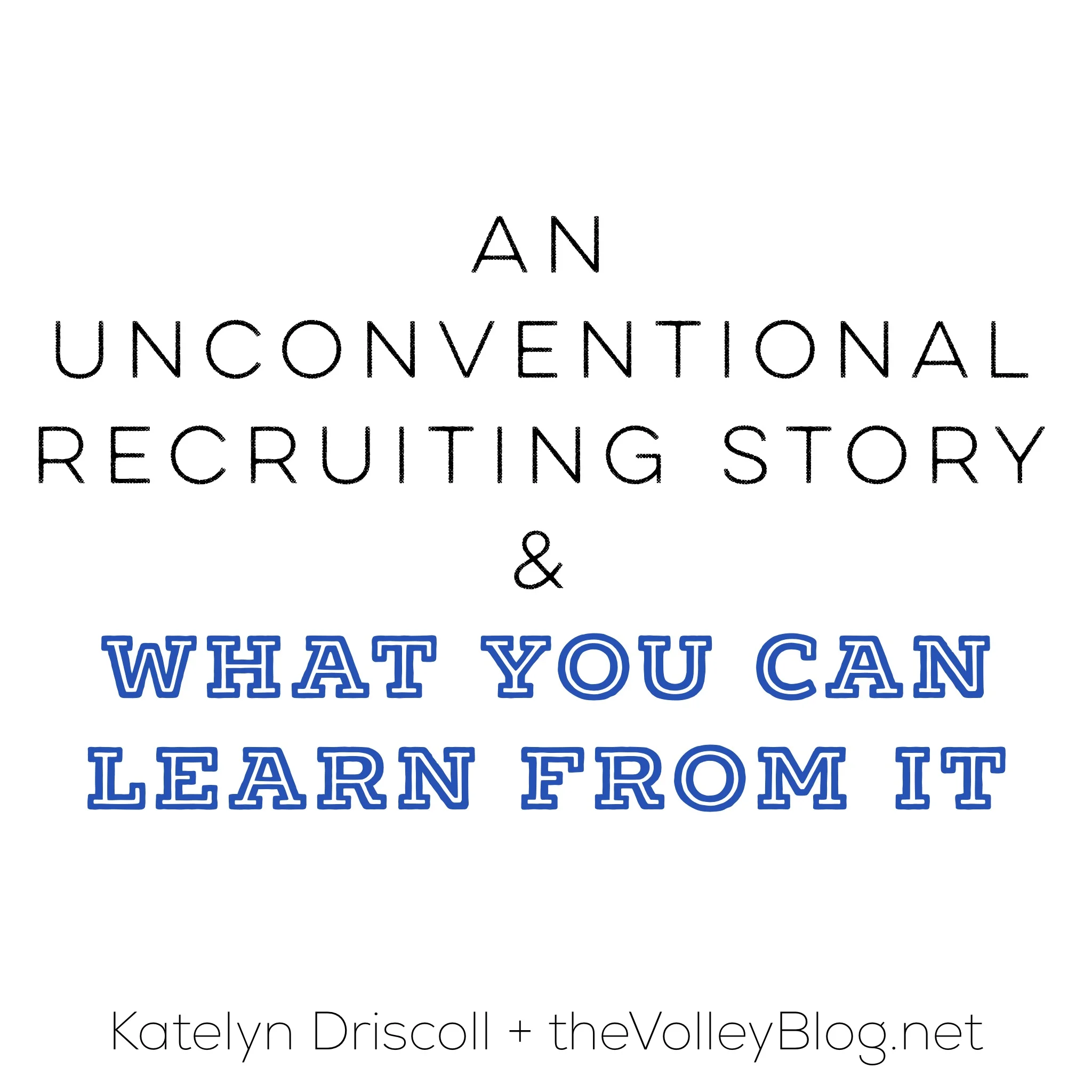


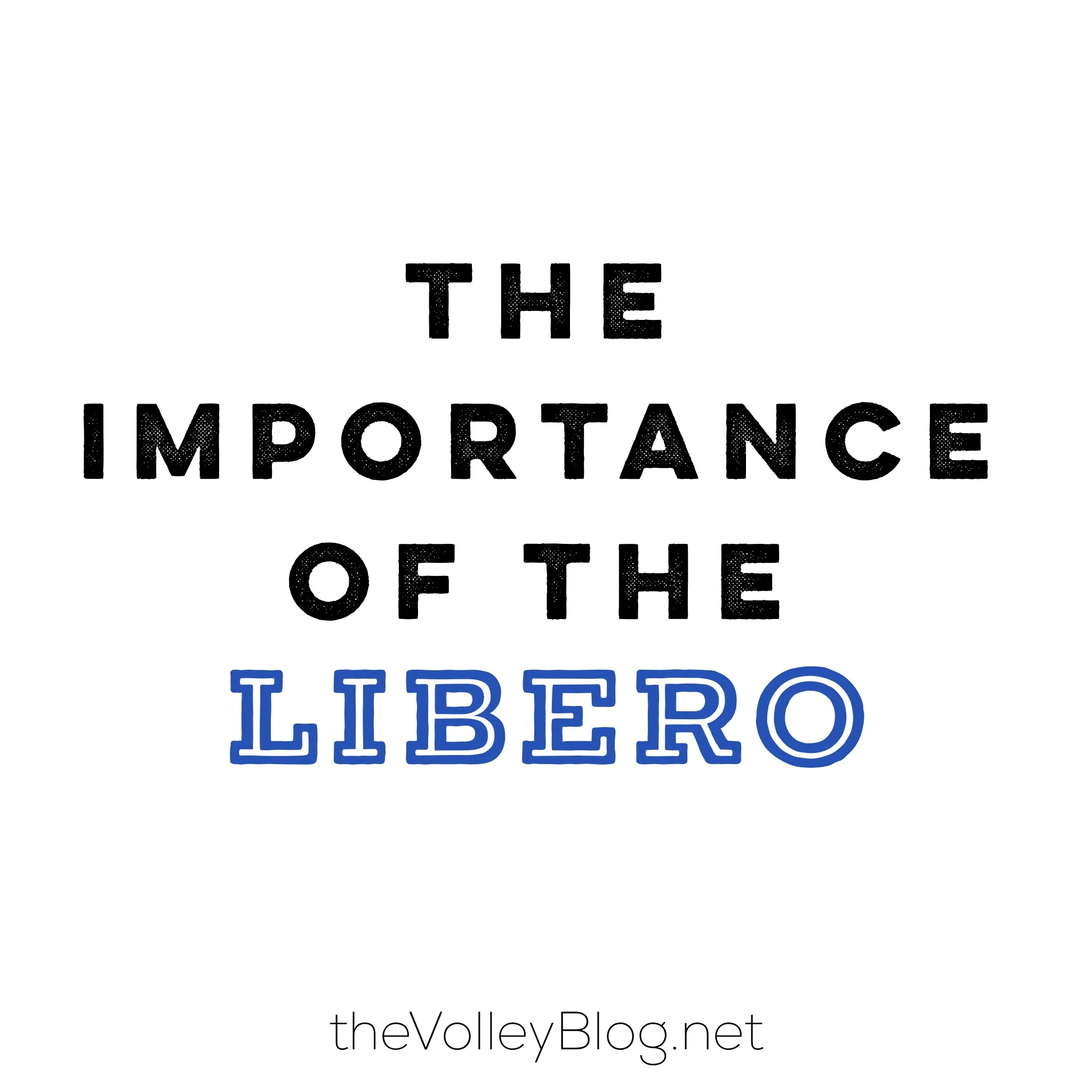

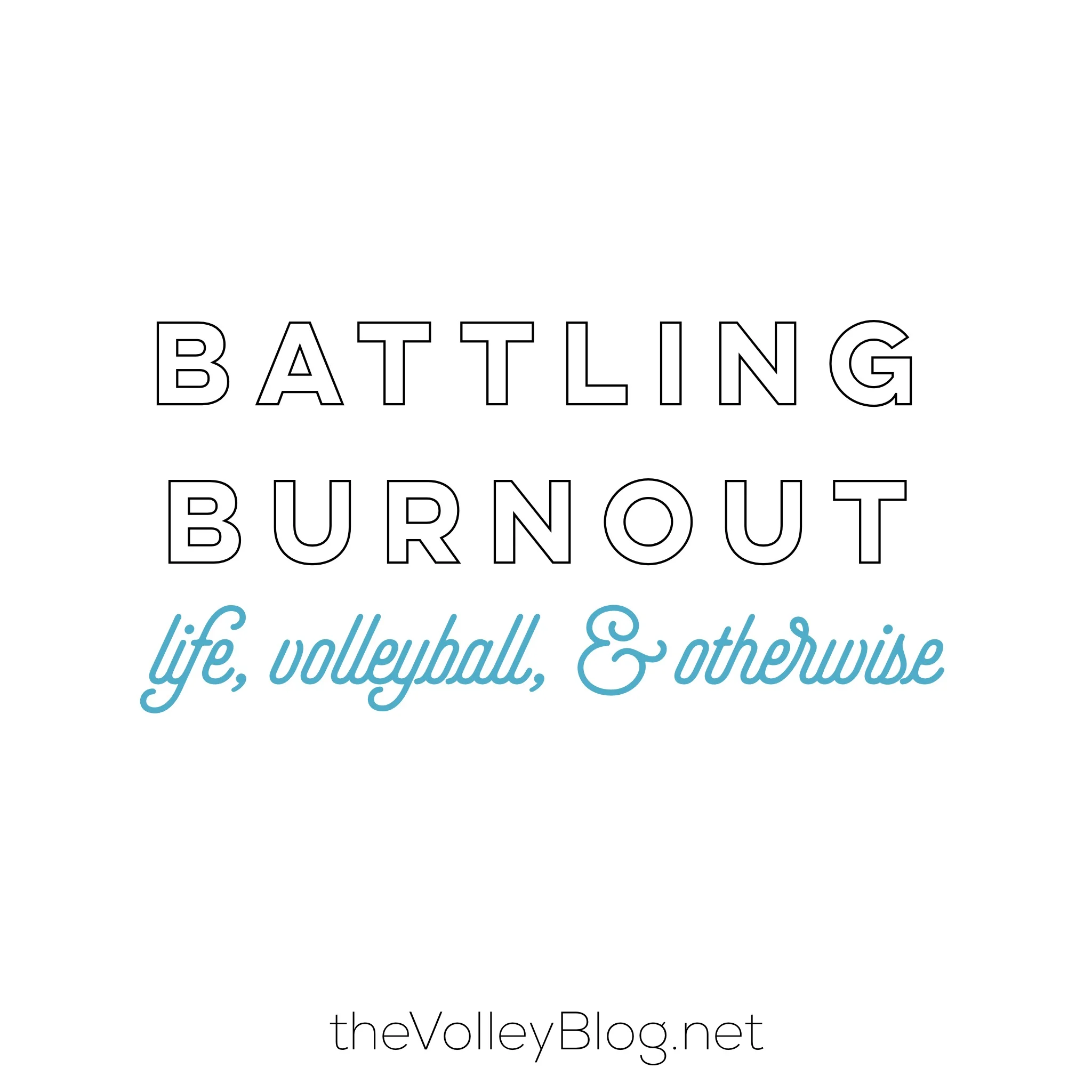

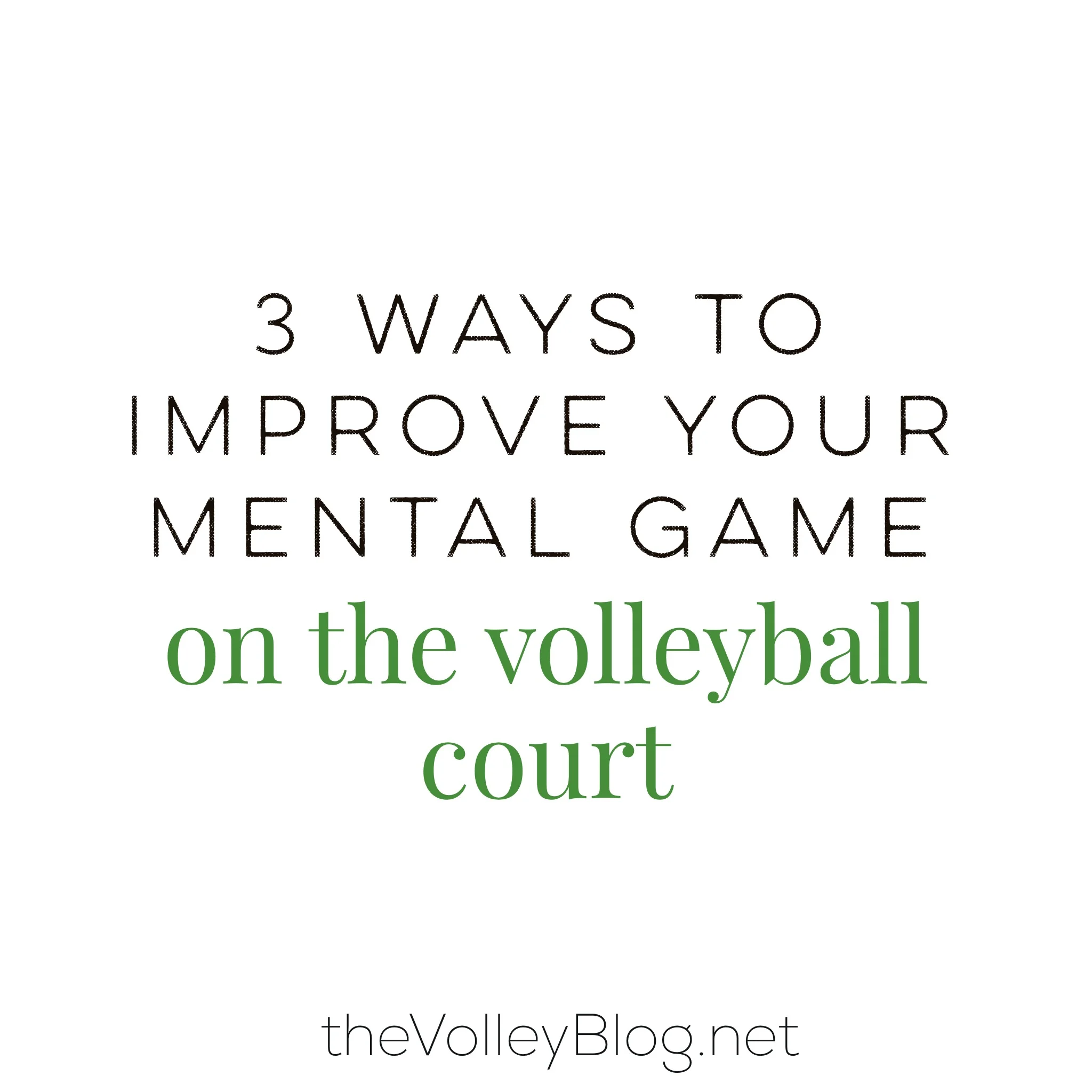
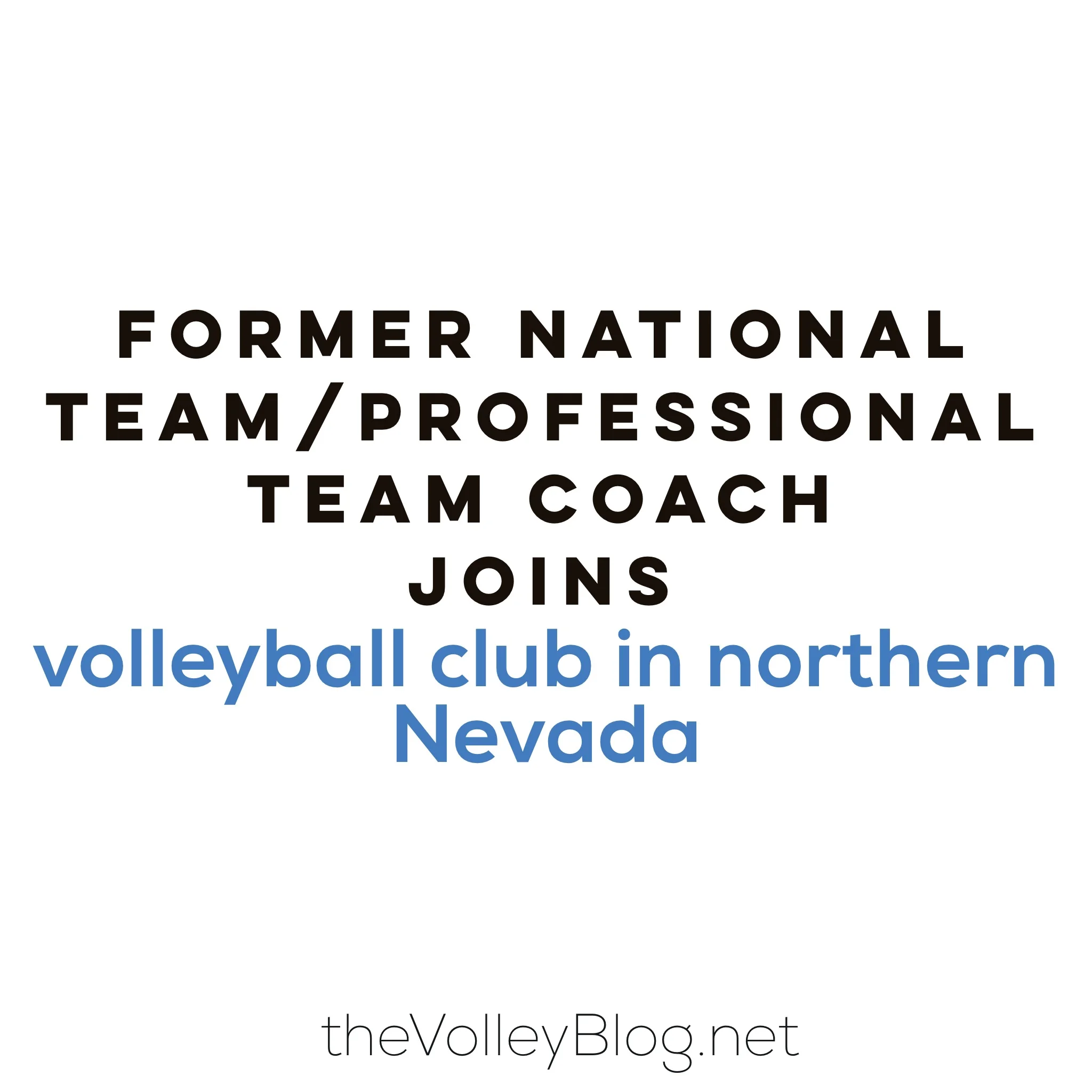

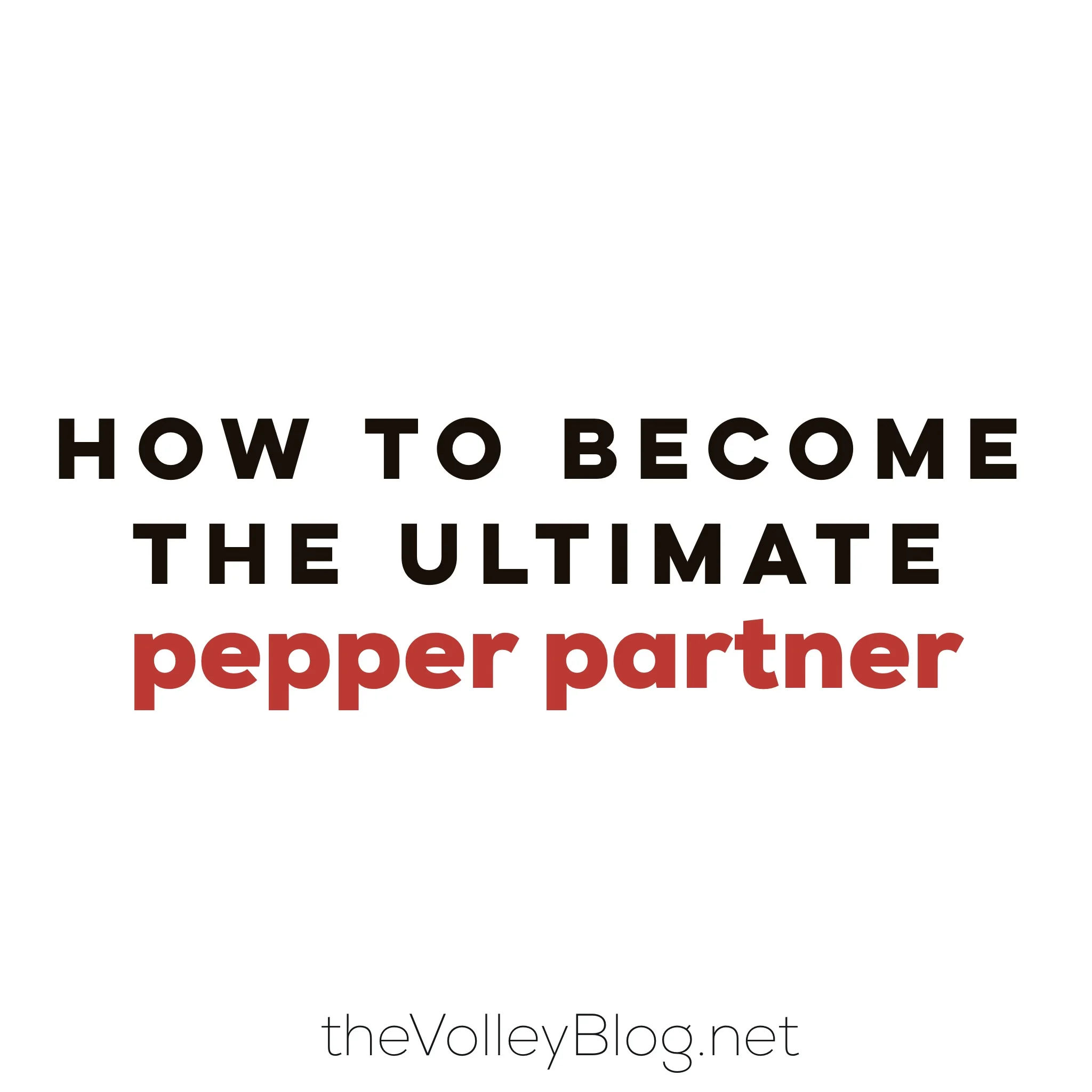
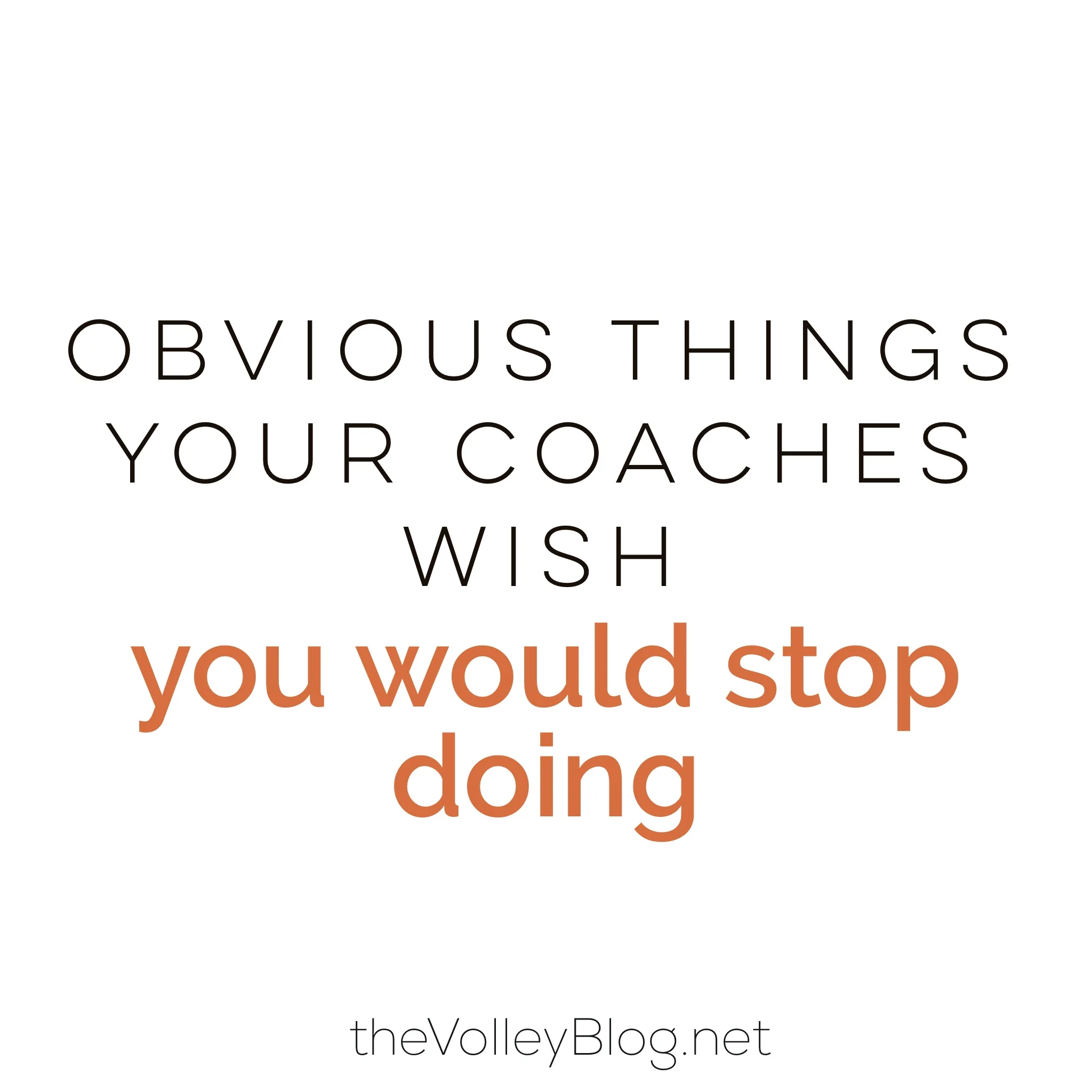
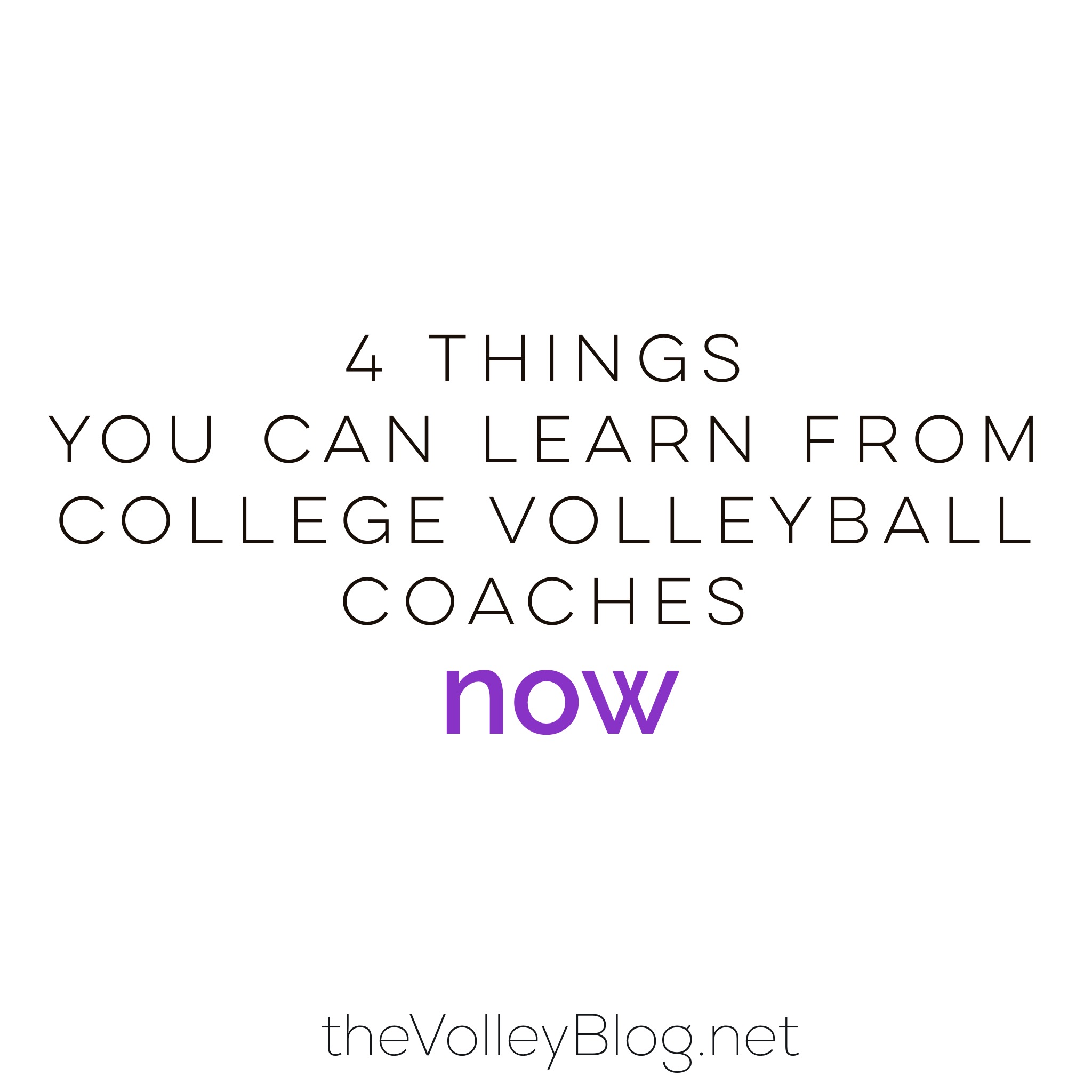


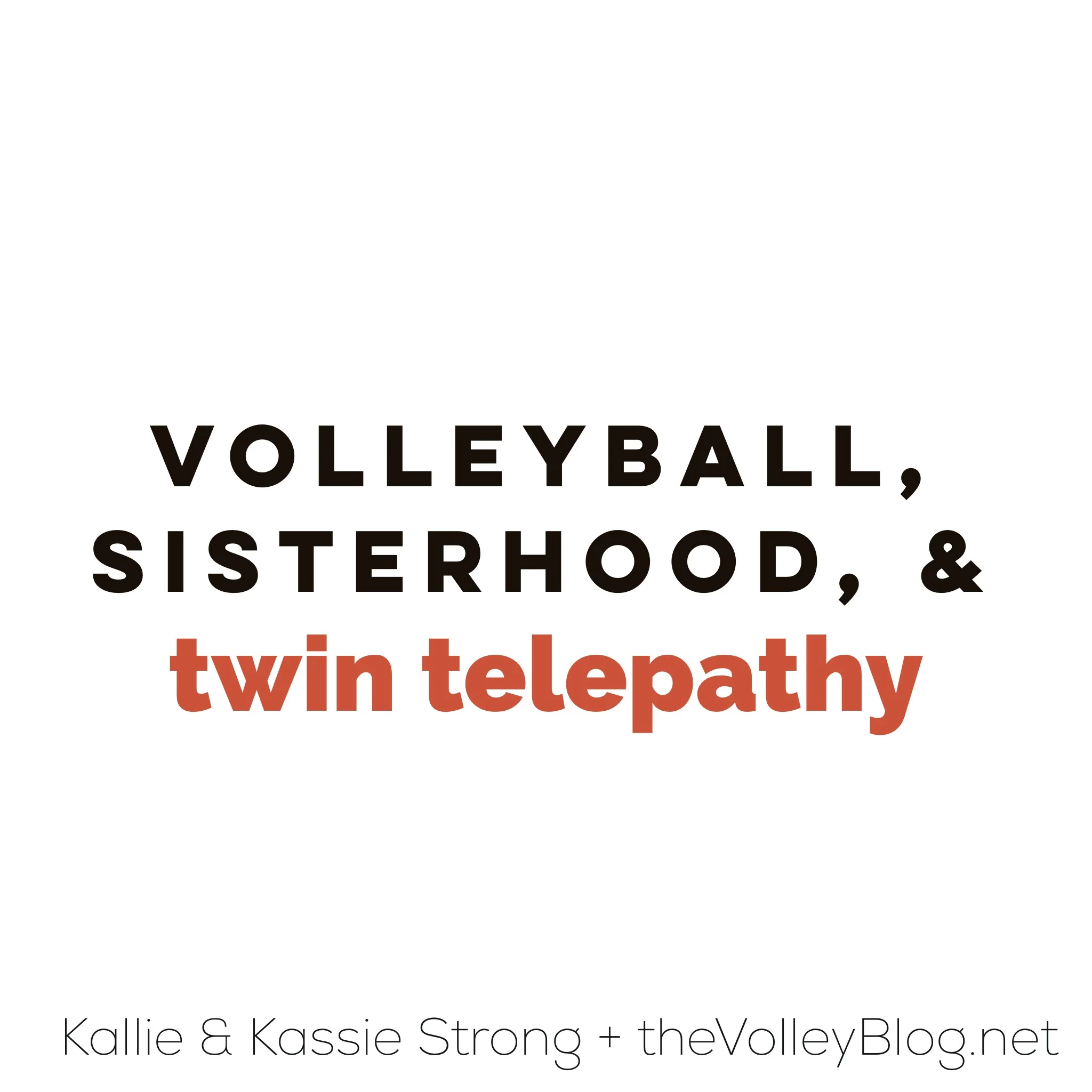


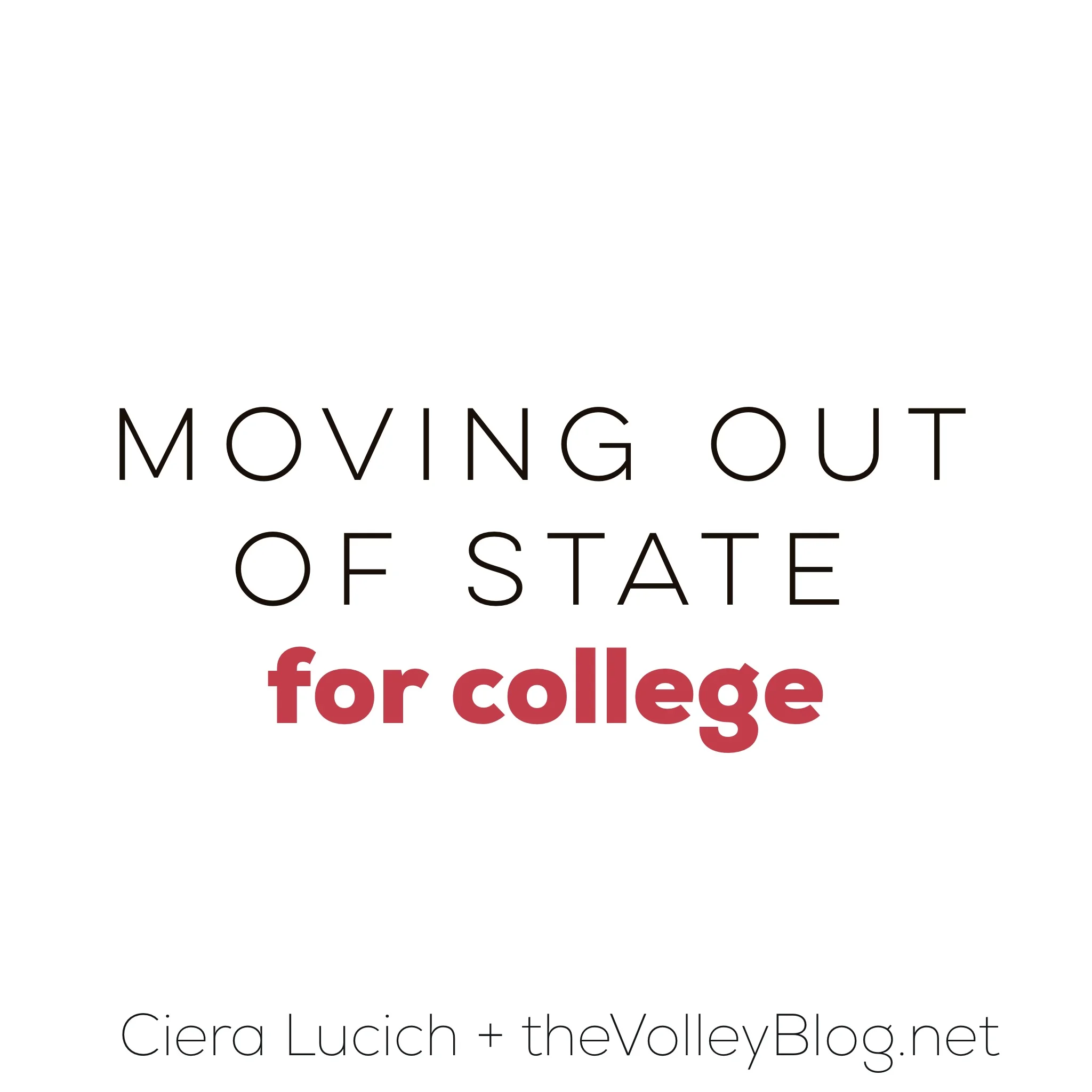
I dub this article the post tryout autopsy. The hard part is over you think -- you made it through tryouts with the drills and the physical tests, all while acting as if it was just another day at the office. You take off the sweaty knee pads, walk out of tryouts and wait… wait… wait to see what team you made. Maybe you check every day even though results are not supposed to be for another five days, but just in case you check. And then finally the link is up...